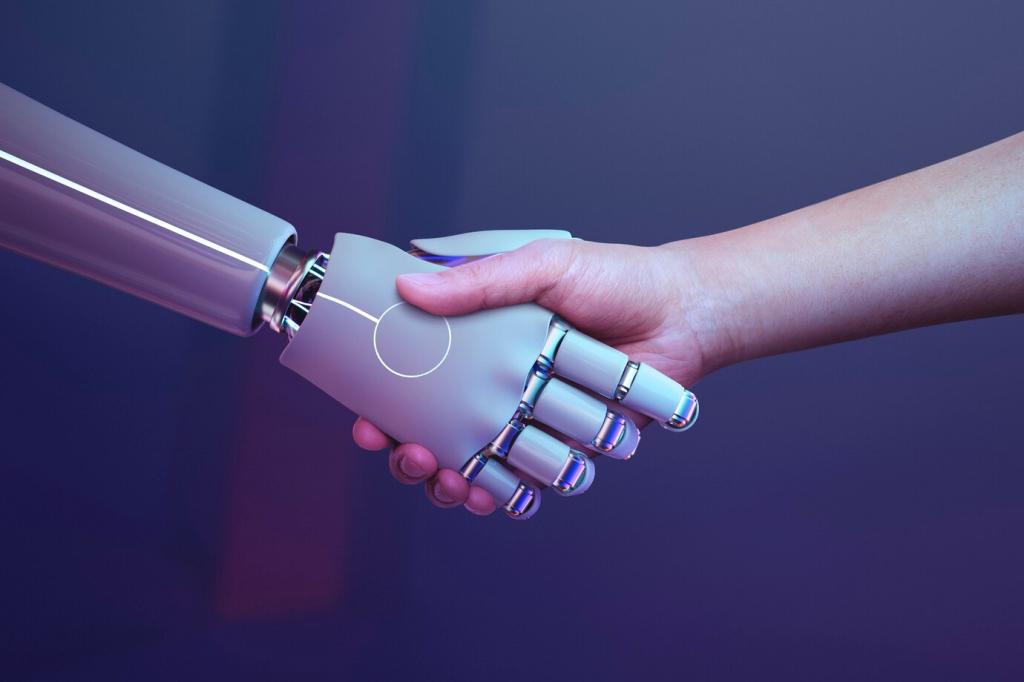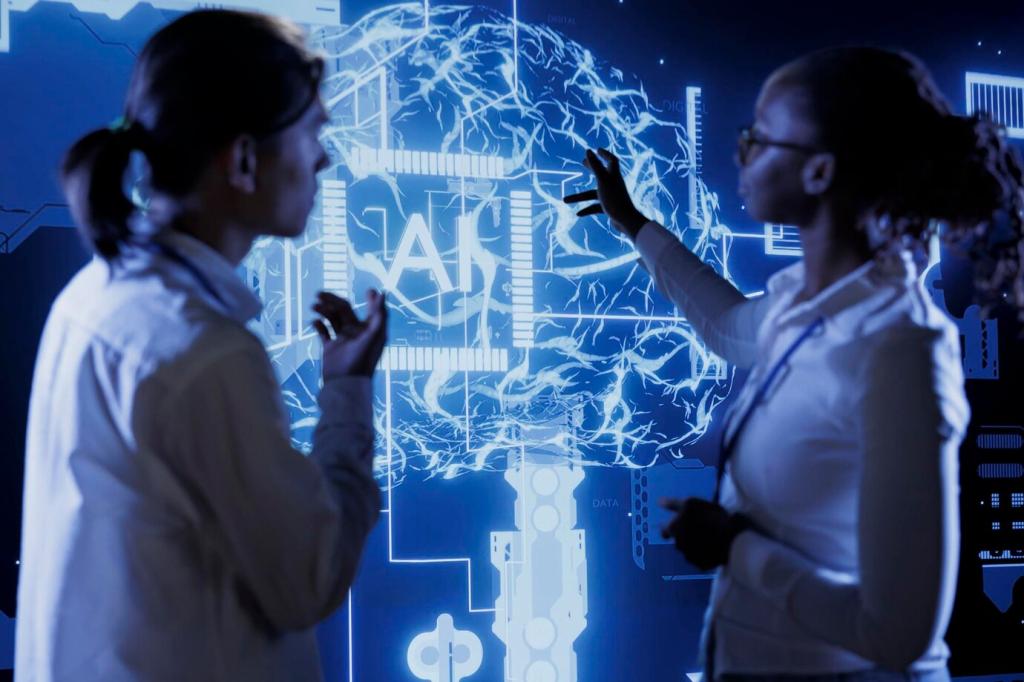Revolutionizing Smart Homes: AI's Role in Home Automation
Artificial intelligence is rapidly transforming modern living spaces, turning once-static homes into dynamic, responsive environments. Home automation, powered by AI, is more than just a trend—it represents a shift in how we interact with our homes, creating spaces that adapt, learn, and ultimately enhance our quality of life. From intelligent climate control to deeply personalized experiences, AI is set to redefine our everyday domestic realities, making the dream of a truly smart home more attainable and sophisticated than ever before.

Personalized Comfort Through Learning
One of the most powerful features of AI in home automation is its ability to learn from residents’ behaviors and preferences. Over time, these intelligent systems adjust heating, cooling, and lighting schedules to fit daily routines and seasonal shifts, ensuring optimal comfort without the need for manual input. This learning capability not only maximizes efficiency but also anticipates comfort needs, bringing a new level of tailored living to smart homes.
Energy Efficiency and Sustainability
AI’s impact goes beyond comfort—it plays a pivotal role in driving sustainability within homes. By constantly analyzing real-time data, AI systems automatically reduce unnecessary energy consumption, optimize appliance operation, and recommend changes for greater efficiency. These adjustments lead to noticeable reductions in energy bills and a much smaller environmental footprint, making smart homes not only more convenient but environmentally responsible.
Seamless Integration With Outdoor Conditions
Modern AI home automation systems do not operate in isolation; they consider external variables such as weather forecasts, air quality indexes, and seasonal patterns. By integrating this data, AI can proactively adjust indoor conditions—like closing blinds during intense heat or circulating air during pollen-heavy days—protecting residents from discomfort and allergens while maintaining energy savings. Such responsiveness creates a truly adaptive living environment.

AI systems in smart homes are increasingly sophisticated in identifying and differentiating between household members. Whether through voice recognition, facial detection, or smartphone geofencing, homes can now greet each person with their preferred settings. Lighting, music, and room temperature can shift instantly, ensuring each resident walks into a home environment tailored specifically to them, enhancing both comfort and security.

Home entertainment systems have become another area where AI-driven personalization shines. By analyzing individual tastes and routines, AI curates media content, adjusts home theater settings, and even recommends new activities based on prior usage patterns. Whether it’s serving up a custom movie night experience for one or setting the mood for a dinner party, AI seamlessly adapts to the preferences and schedules of all household members.

With AI at the helm, automation routines evolve continuously, moving beyond basic scheduled commands. The system observes how and when different devices are used and intuitively creates new automation flows as habits change. For example, lighting might gradually dim as bedtime approaches, or kitchen appliances may prepare for increased use on weekends. This dynamic adaptation means that homeowners benefit from a living space that always anticipates their needs and preferences.
Enhanced Safety and Security Systems
Traditional security systems react to breaches, but AI can predict and prevent them. By analyzing patterns in movement, unusual activity, and even potential vulnerabilities, these advanced systems alert homeowners and authorities to threats before they escalate. This proactive stance not only discourages break-ins but creates a safer neighborhood by sharing anonymized threat intelligence with nearby homes equipped with similar systems.
Safety inside the home has also improved through AI’s ability to detect hazards like fire, gas leaks, and water damage. Unlike conventional sensors, AI can analyze sensor data alongside behavioral patterns and environmental factors to differentiate between real emergencies and false alarms. This ensures quicker, more accurate alerts and automatic mitigation responses, such as shutting off water or gas supplies, providing unprecedented protection for residents.
AI-powered access control systems recognize individuals and can manage entry permissions dynamically based on context. Whether it’s opening doors for familiar faces, granting temporary access to guests, or denying entry to unknown visitors, these systems maintain security while enhancing convenience. The ability to learn and adjust based on evolving household routines further reduces the risk of unauthorized entry while simplifying everyday interactions.

